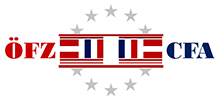The Centre
The Austro-French Centre for Rapprochement in Europe (CFA/ÖFZ) is an intergovernmental organisation founded in 1978 by Austrian Chancellor Bruno Kreisky and French Prime Minister Jacques Chirac. It is supported by the Austrian and French Ministry of Foreign Affairs and is a sister organisation of the Institut Français des Relations Internationales, IFRI, based in Paris.
Our mission
The original mission of the Austro-French Centre from Rapprochement in Europe, in the late 1970s and 1980s, was to associate France and Austrian in the development of economic relations between Western and Eastern Europe. After the fall or the Iron Curtain, the ÖFZ has expanded its field of activities and starting promoting the European integration of Central and Eastern European countries. After their accession to the EU in 2004, it identified new challenges, to which it has henceforth contributed, namely:
- the future of Europe
- the European integration of the Western Balkans
- regional cooperation in the Eastern neighbourhood
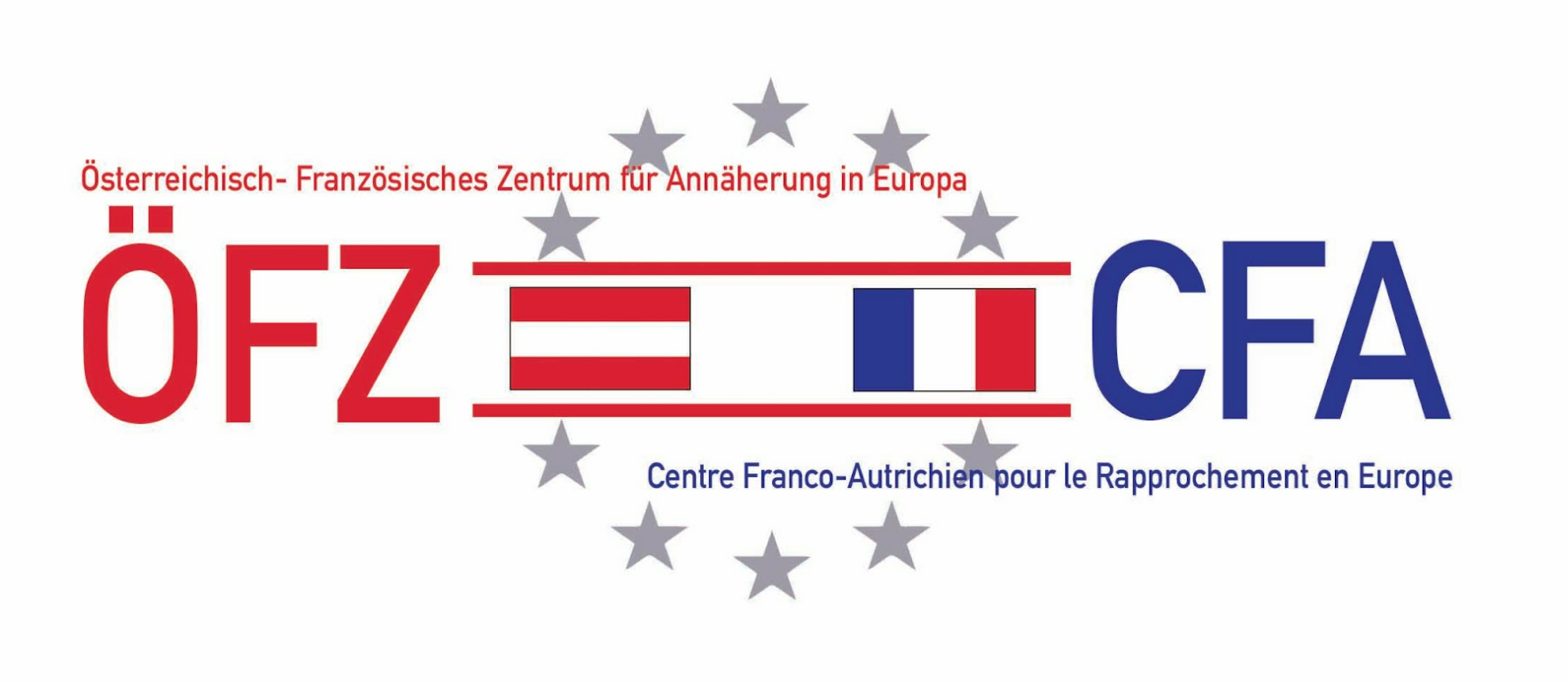
Activity Fields
The Future of Europe
The Austro-French Centre for Rapprochement in Europe promotes the dialogue about the future of Europe. In this context, the exchange of perspectives between France and Austria on topics like security, migrations, inter-cultural dialogue, religious diversity, social dialogue, macro-economic models, defence cooperation or the influence of external actors Play an important role. Every year, the Austro-French Centre for Rapprochement in Europe thus organises conferences and seminars in France and Austria with the support of the French Institute for International Relations (IFRI), the French Embassy in Vienna and the Austrian Embassy in Paris.
The Austro-French Centre for Rapprochement in Europe also publishes articles in the French.
European Integration of Western Balkans
The Austro-French Centre for Rapprochement in Europe promotes the European integration of the Western Balkans. It is one of the founding organisations of the Berlin Process Reflection Forum initiative, the expert-component of the Berlin Process. Its work focuses on regional cooperation, economic development, democratisation and civil society participation in European politics. Its aim is to enhance exchanges of ideas across the region and the EU while strengthening contacts between experts, governmental actors and the wider public.
The Austro-French Centre for Rapprochement in Europe organises conferences and seminars throughout the Western Balkans as well as in EU capitals on these topics, with the support of the French Institute for International Relations (Ifri), the French and Austrian embassies in the region as well as EU institutions, other European think-tanks and partner organisations in the Western Balkans.
The Austro-French Centre for Rapprochement in Europe publishes policy-papers and articles on the European integration of the Western Balkans and the EU’s enlargement policy.
Regional cooperation in the Eastern neighbourhood
The Austro-French Centre for Rapprochement in Europe promotes the idea of rapprochement in Europe in its Eastern neighbourhood. It is one of the founding organisations of the Eastern Partnership Reflection Forum initiative, an expert-platform accompanying the Eastern Partnership. Its work focuses on regional cooperation, economic development, democratisation and pan-European integration in the Eastern neighbourhood. Its aim is to enhance exchanges of ideas across the region and the EU while strengthening contacts between experts, governmental actors and the wider public.
The Austro-French Centre for Rapprochement in Europe organises conferences and seminars in the countries of the Eastern Partnership as well as in EU capitals on these topics, with the support of the French Institute for International Relations (Ifri), the French and Austrian embassies in the region as well as EU institutions, other European think-tanks and partner organisations.
The Austro-French Centre for Rapprochement in Europe publishes policy-papers and articles on cooperation and pan-European integration in the EU’s Eastern neighbourhood.
Welcome!
During its 40 years of existence, the Austro-French Centre has made an important contribution to the rapprochement between Western and Eastern Europe. In the beginning, when Europe was still divided, the Centre had a strong focus on economic relations, but developed a more political dimension over time. The Austro-French Centre accompanied the integration of many countries of Central and Eastern Europe, among them Austria itself as well, into the EU.
With every eastward enlargement of the EU, the focus of the Centre shifted with it. Today, the main regional priority of the Austro-French Centre are the Western Balkans. The Eastern Partnership was added more recently as another focus of the Centre’s activities. But for sure, the Centre does not only focus on enlargement and neighborhood policy; issues related to the debate on the future of the European Union remain an essential part of the Centre’s mission.
This unique joint venture between Austria and France adds an additional dimension to the debate of Europe’s future by focussing on the conditions of future enlargement as well as deepening its integration and strengthening its international role. At a time when the European Union faces a multitude of challenges, the Centre attempts to stimulate discussion on the necessary policy measures. In doing so, it will continue its tradition to work with partner institutions not only in Austria and France, but across Europe.
Hans Dietmar Schweisgut
Secretary General
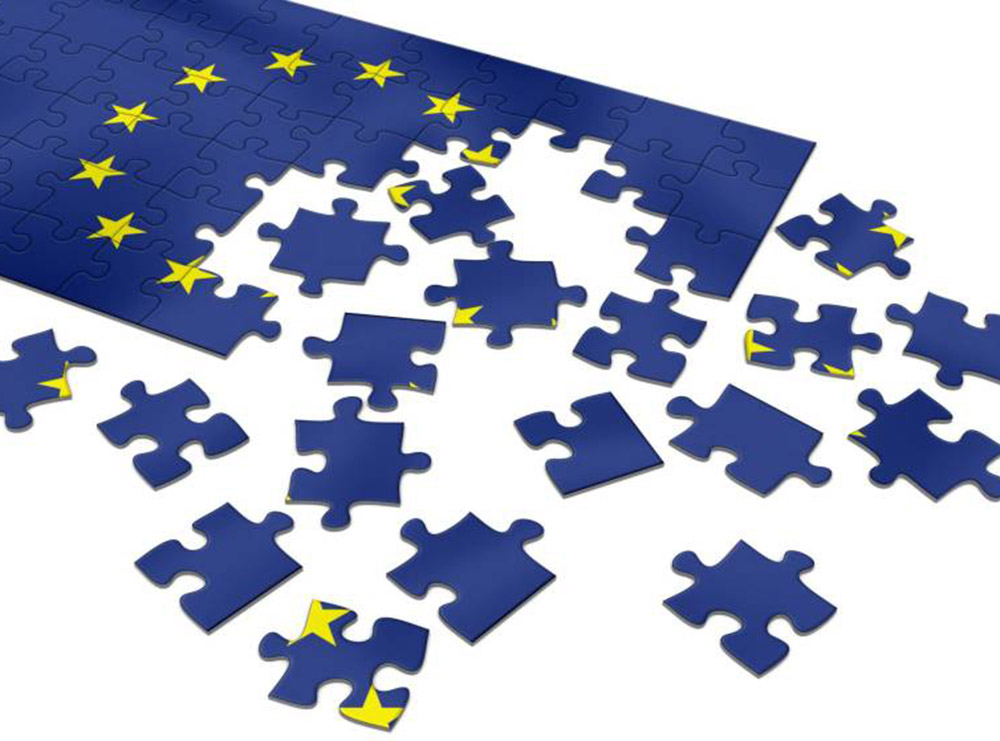
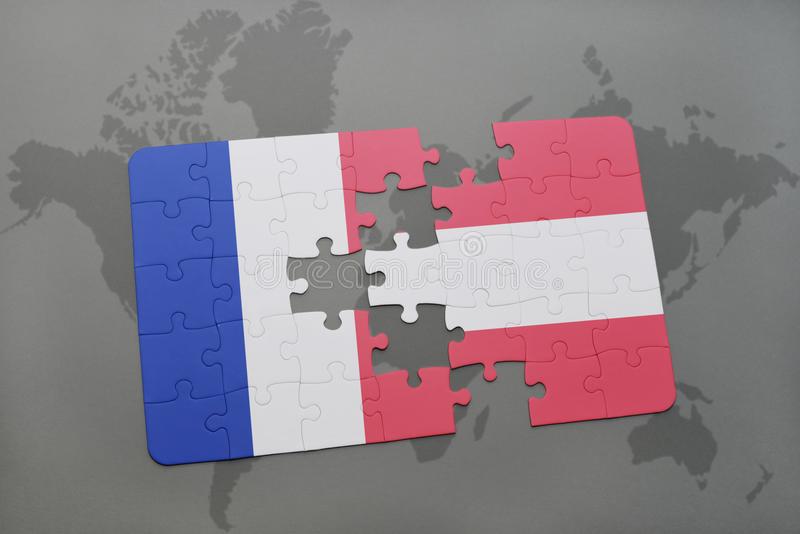
Building bridges in Europe
The Austro-French Centre for Rapprochement in Europe is a platform fostering the exchange of ideas about European integration and regional cooperation in Europe.
It connects representatives from national and European administrations, policy advisors and think tankers, experts, scholars and researchers and various civil society representatives throughout its three activity fields: Austro-French relations and the future of Europe; European integration of the Western Balkans and Regional cooperation in the Eastern neighbourhood.
By encouraging dialogue and cooperation among them, building pan-European partnerships and establishing cooperation frameworks, the Austro-French Centre for Rapprochement in Europe contributes to strengthening political ties and collective understanding in Europe.
Together with its partners, it regularly publishes articles in the press and organises various reflection forums, international conferences, expert seminars and public lectures. It also participates in international research projects, elaborates thematic policy-papers and publishes articles in the specialised press.
Meet our Team



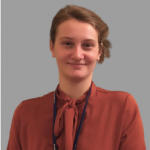
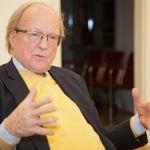
Dominique David is President of the Austro-French Centre for Rapprochement in Europe and Advisor to the Executive Chairman of the Institut Français des Relations Internationales, IFRI, in Paris. He was Executive Director of the IFRI and before that, researcher at the Centre of Political Studies of Défense (Université de Paris I), Deputy Director of the Institut français de polémologie (French Institute of Polemology), and from 1985 to 1991, Secretary General of the FEDN (Fondation pour les études de défense nationale). He also taught at the Military School of Saint-Cyr, at the Paris I University and at the Institut d’études politiques de Paris (IEP). From 1998 to 2010, Dominique David was member of the Scientific Council of Defence in France.
Ambassador Hans Dietmar Schweisgut has been Secretary General of the Austro-French Centre for Rapprochement in Europe since February 2019.
He started his career in the Austrian diplomatic service in 1977. In 1991, after postings in New York, Vienna and Tokyo he became Director General for European integration at the Austrian Federal Ministry of Finance. In 1999, Ambassador Schweisgut resumed his diplomatic career to serve as Austrian Ambassador in Japan, followed by his appointment as Ambassador to the People’s Republic of China in 2003. From 2007 to 2010, he was Austria’s Permanent Representative to the European Union in Brussels.
In 2011, Ambassador Schweisgut joined the European External Action Service and was appointed as the European Union’s Ambassador to Japan. From 2014 he represented the European Union in the People’s Republic of China and Mongolia until his retirement in 2018.
Florent Marciacq, PhD is deputy secretary general of the Vienna-based Austro-French Centre for Rapprochement in Europe, co-director of the Observatoire des Balkans at the Fondation Jean Jaurès in Paris and Senior Fellow at the Centre international de formation européenne in Berlin and Nice. He is a cofounder and coordinator of several track-II initiatives covering the Western Balkans, the countries of the Eastern Partnership and the politics of European foreign policy. Florent Marciacq holds a Ph.D. in political sciences from the University of Vienna and Luxembourg, graduated in international relations, management, and sinology. He previously worked as an Associate Researcher at the European Governance Research Group of the University of Luxembourg, OSCE Researcher in residence in Prague and Guest researcher at the Austrian Defence Academy in Vienna. Florent Marciacq teaches European politics and regularly publishes academic peer-reviewed contributions, think-tank policy-papers and articles in the press.
Katharina Sigwald works as Bureau and Project assistant at the Austro-French Centre for Rapprochement in Europe. Alongside administrative work, she supports the logistical processing of conferences and seminars of the center. Ms. Sigwald has a Bachelor degree in Social and Cultural Anthropology and Transcultural Communications (working languages German, English, French) respectively. After an internship at the U.S. embassy in Vienna, Ms. Sigwald started at the ÖFZ/CFA.
Ambassador Peter Jankowitsch is member of the Board and former Secretary General of the Austro-French Centre for Rapprochement in Europe. A former member of the Austrian Federal Government as Foreign Minister and Secretary of State for Europe and Development Cooperation, he served, i.a., as Permanent Representative of Austria to the United Nations in New York and to the Organization for Economic Cooperation and Development in Paris. He was also elected several times to the Austrian Parliament.
Meet our Partners
French Institute for International Relations (Ifri), Paris
Ministry of Foreign Affairs of France, Paris
Federal Ministry for European, Integration and Foreign Affairs of Austria, Vienna
Embassy of France to Austria, Vienna
Embassy of Austria to France, Paris
Austrian Institute for International Politics (Oiip), Vienna
Balkans in Europe Policy Advisory (BiEPAG), Graz/ Belgrade
Belarus Office of the Konrad-Adenauer Foundation, Vilnius
Belgrade Security Forum (BSF), Belgrade
Bled Strategic Forum, Bled/ Ljubljana
Central European Initiative (CEI)
Centre for Civic Education, Podgorica
Centre for European Perspective (CEP), Ljubljana
Centre for European Perspective (CEP), Loka pri Mengšu (Slovenia)
Centre for Planning and Economic Research (KEPE), Athens
Centre for Policy Modernisation (CPM), Sofia
Centre international de formation européenne (CIFE), Nice/Berlin
Centro Studi di Politica Internazionale (CeSPI), Rome
Cooperation & Development Institute (CDI), Tirana
Delegation of the European Union in Belarus, Minsk
Dialogue Southeast Europe, Friedrich Ebert Foundation (FES), Sarajevo
Embassy of Estonia to Belarus, Minsk
Embassy of Switzerland to Belarus, Minsk
Embassy of the United Kingdom to Belarus, Minsk
Estonian Center of Eastern Partnership (ECEAP), Tallinn
European Institute of Peace (EIP), Brussels
European Policy Institute (EPI), Skopje
European Union Institute for Security Studies (EUISS), Paris
Federal Ministry of Foreign Affairs of Germany
Friedrich-Ebert Foundation (FES), Berlin
Group for Legal and Political Studies, Prishtina
Institute for Advanced Studies GAP, Prishtina
Institute of Geostrategic Research and Foreign Policy, Ministry of Foreign Affairs of the Republic of Macedonia (IGINP)
International Centre for Migration Policy Development, Vienna
Istituto Affari Internazionali (IAI), Rome
Ministry of Foreign Affairs of Italy
Minsk Dialogue – Track II Initiative (MD), Minsk
Osservatorio Balcani e Caucaso Transeuropa (OBCT), Rovereto
Permanent Representation of Austria to the European Union, Brussels
Slovak Foreign Policy Association (SFPA), Bratislava
Southeast Europe Foundation, Munich
Stability Pact for South Eastern Europe of the German Foreign Office, Germany
Stiftung Wissenschaft und Politik (SWP), Berlin
Florent Marciacq. 2018. Bridges towards Europe. The Austro-French Centre for Rapprochement in Europe.. Vienna: Steinbauer, approximately. 240 pages. With a perface by Thierry de Montbrial and Peter Jankowitsch
Format: 16,5 x 23,5 cm
ISBN: 978-3-902494-84-9
Price: around € 25,-/SFR 43,-
Publication date: March 2018
The story of the Austro-French Centre for Rapprochement in Europe is at the same time the story of Europe; the story of the once turbulent bilateral relations, that will be deepened in the framework of this centre; the story of a divided continent, which finds ist way back towards unity and peace; the story of political and economic Change in Middle and Eastern Europe but as well in countries of the Western Balkans; and – as well – a story of a project, Europe, that needs to be reconsidered every once in a while. The Story of the Austro-French Centre is that interesting because it is a mirror of the historic development of the continent.

